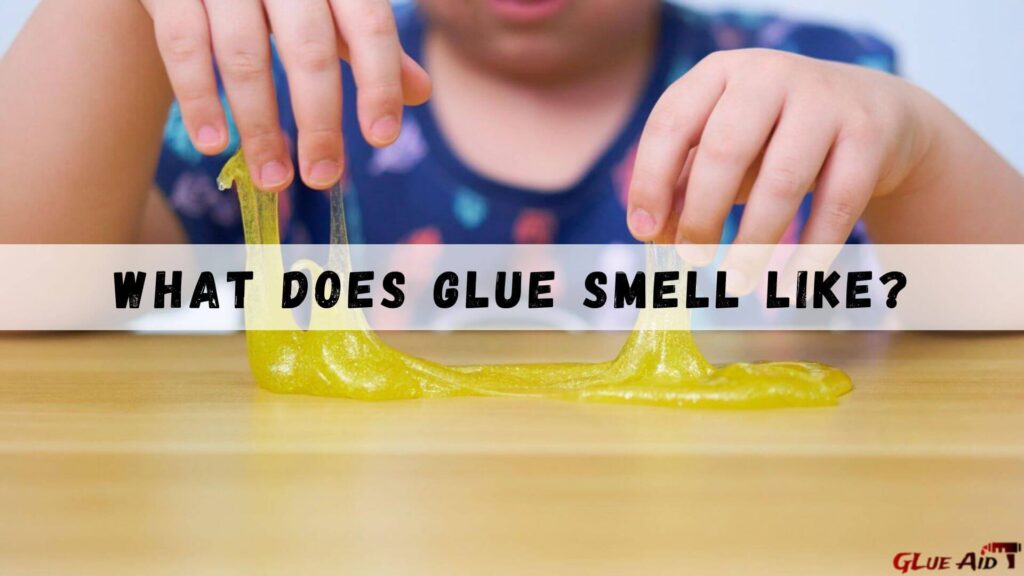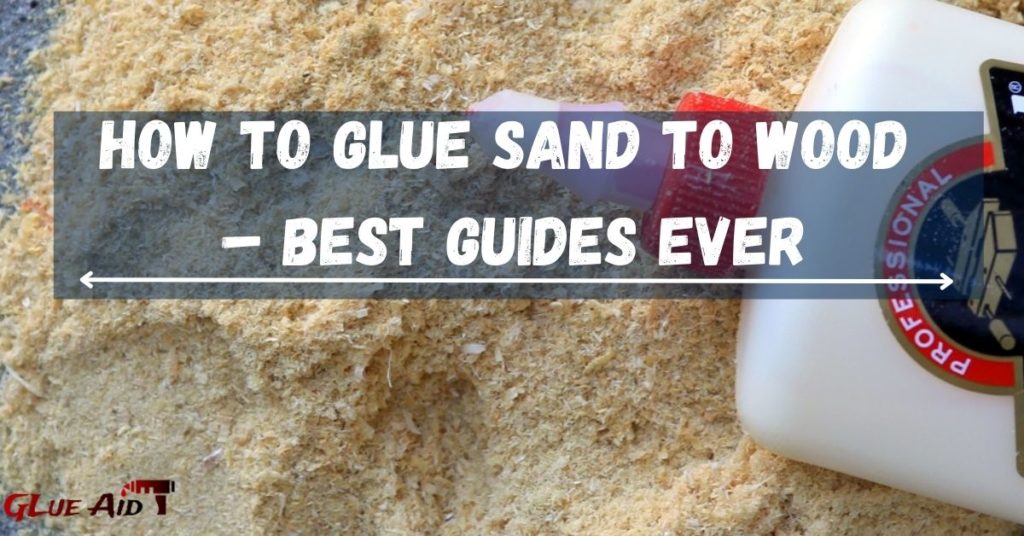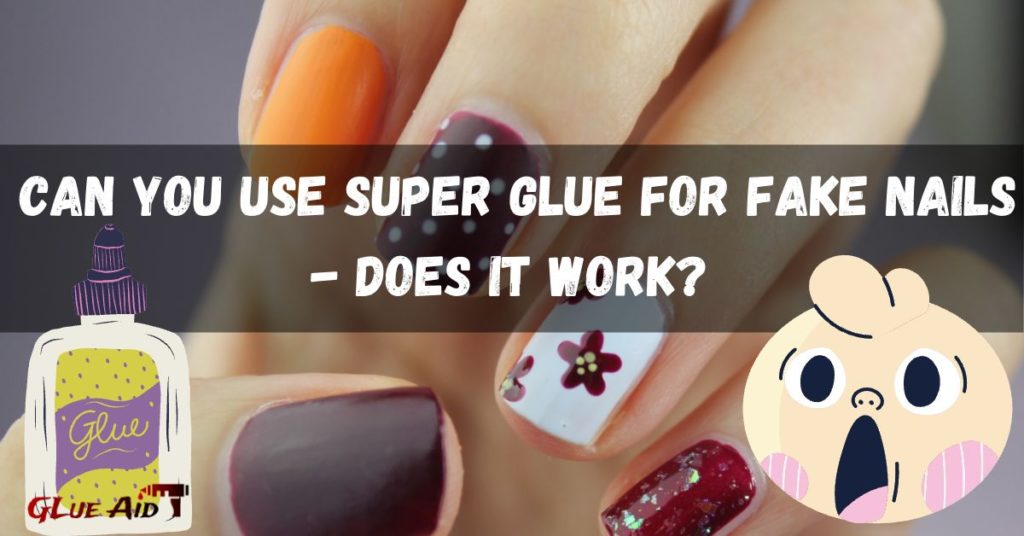What does glue smell like? This is a question that has been asked by people for years. Some say that it smells like vinegar, while others say that it smells like ammonia. No one really knows for sure, as the manufacturers of glue tend to keep the ingredients a secret. But what we do know is that glue is an incredibly useful substance, and has been used by humans for centuries. Glue can be used to stick things together, or to attach objects to other objects. It is also commonly used in arts and crafts projects.
Table of Contents
What Are Some Of The Common Ingredients In Glue
Water, resin, and a hardener are the three main ingredients in most glues. The hardener is usually something like ammonia or vinegar. The exact recipe for glue is often a closely guarded secret, as different manufacturers use different ingredients. But one thing is for sure – without glue, many of our favorite things would not be possible!
What Does Glue Smell Like?
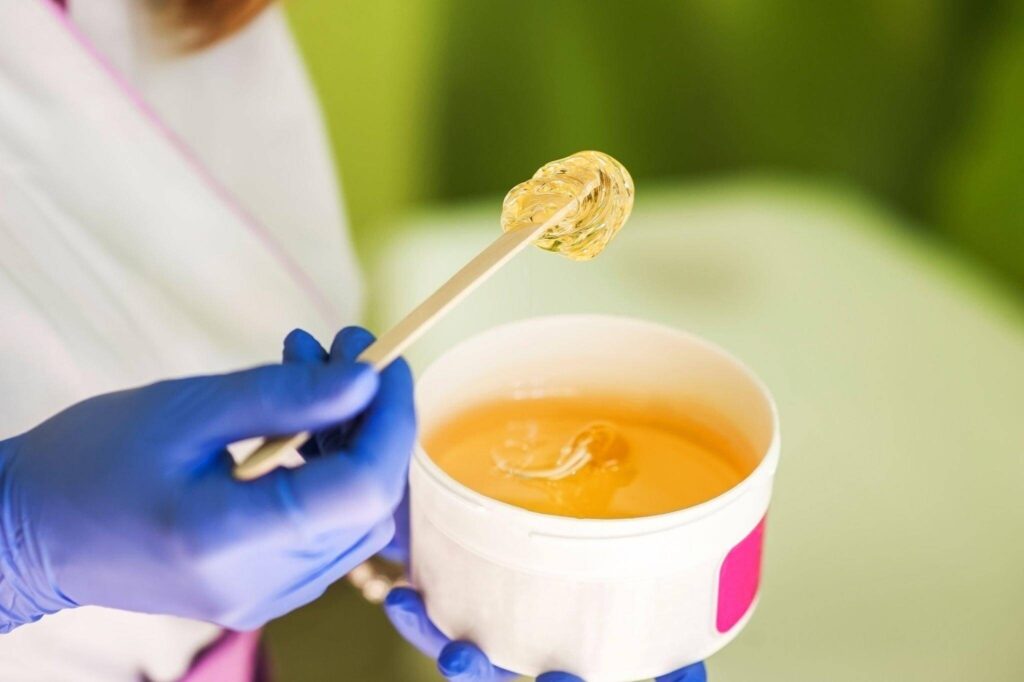
As we mentioned before, no one really knows for sure what glue smells like. But some people say that it smells like vinegar, while others say that it smells like ammonia. What do you think glue smells like?
To understand why glue smells the way it does, we first need to take a look at its ingredients. Glue is made up of two main ingredients: polyvinyl acetate (PVA) and ethyl-2-cyanoacrylate (ECA). PVA is a polymer that is derived from petroleum, while ECA is derived from acrylic acid.
Both of these materials have strong smells that can be quite overwhelming. When they are combined, the result is glued with a potent, distinctive scent. While some people find the smell of glue to be unpleasant, others find it to be oddly satisfying. Ultimately, it comes down to personal preference.
The scent of glue can vary depending on the type of glue, as well as the ingredients used to make it. For example, some glues may have a stronger scent due to the presence of chemicals or other additives.
Additionally, the scent of glue may also change depending on how it is used. For instance, hot glue often has a distinct smell that is different from traditional white glue. Ultimately, the best way to determine how a particular type of glue smells is to simply try it for yourself.
How To Get The Smell Out Of Your Hands?

If you’ve ever worked with glue, then you know that the smell can be quite overwhelming. Luckily, there are a few ways to get the smell out of your hands.
- First, try washing your hands with soap and water.
- If that doesn’t work, then you can try using a lemon or vinegar-based cleaner.
- You can also try rubbing your hands with baking soda or cornstarch. If all else fails, then you can always try using a commercial hand cleaner.
When working with glue, it’s important to be careful not to get it on your skin. If you do get glue on your skin, then you should immediately wash it off with soap and water.
How To Get The Smell Out Of Your House?
If you’re tired of the smell of glue in your house, then there are a few things you can do to get rid of it.
First, try opening up all of the windows and doors to air out the house.
You can also try using a fan to help circulate the air. If the smell is coming from a particular room, then you can try placing a bowl of vinegar or baking soda in that room.
You can also try making your own air freshener by mixing together some essential oils and water. Simply put the mixture into a spray bottle and use it as needed.
Ultimately, the best way to get rid of the smell of glue is to simply avoid using it as much as possible. If you’re working on a project that requires glue, then try to do it in a well-ventilated area.
You can also try wearing gloves to avoid getting the glue on your skin. And if you do get the glue on your skin, be sure to wash it off immediately.
How To Avoid Getting The Smell On Your Clothes?
If you’re working with glue, then there’s a good chance that you’ll get some on your clothes. To avoid this, try wearing old clothes that you don’t mind getting dirty.
You can also try wearing a smock or apron to protect your clothes. And if you do get glue on your clothes, be sure to wash them as soon as possible.
In general, it’s best to avoid using glue in enclosed spaces. If you’re working on a project that requires glue, then try to do it in a well-ventilated area.
You can also try wearing a mask or respirator to avoid inhaling the fumes. And if you do get the glue on your skin, be sure to wash it off immediately.
Alternatives To Glue That Don’t Have A Strong Smell
If you’re looking for an alternative to the glue that doesn’t have a strong smell, then you can try using tape or staples.
You can also try using a hot glue gun, which typically has a weaker smell than traditional glue.
ultimately, the best way to avoid the strong smell of glue is to simply use less of it. If you’re working on a project that requires glue, then try to use the minimum amount necessary.
FAQs About What Does Glue Smell Like
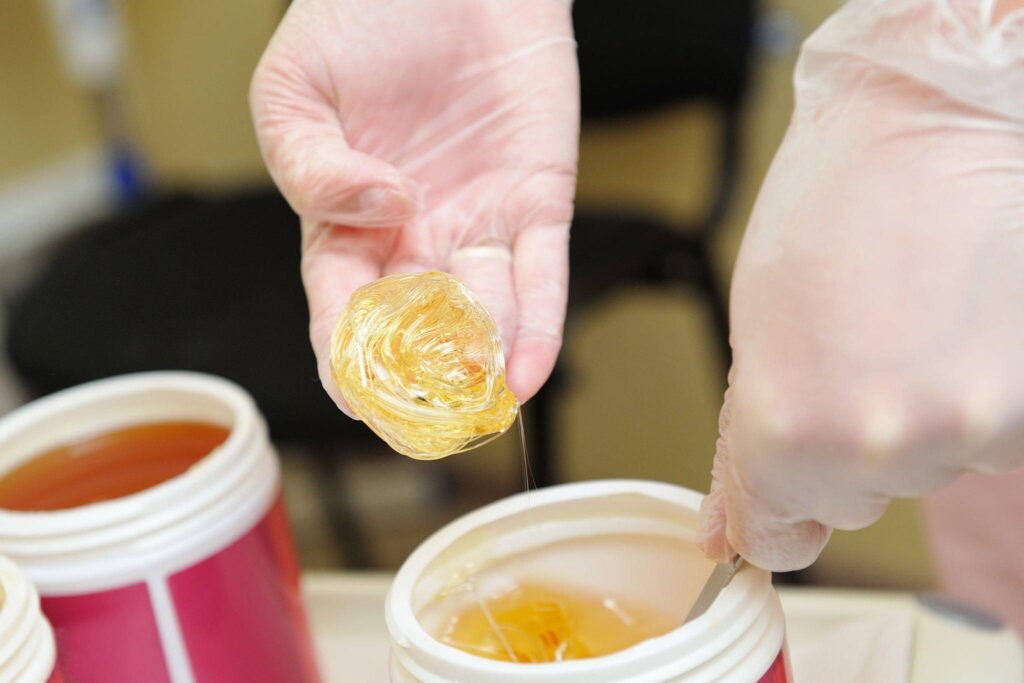
Does Glue Have A Smell?
Most glues possess a distinct scent due to the presence of volatile organic compounds which are created during polymerization.
Why Does Glue Smell Like That?
The odorous components of glue are largely due to the presence of volatile organic compounds (VOCs) that evaporate at room temperature. These VOCs may include phenols, alcohols, aldehydes, and ketones, which have distinct characteristic smells. Other odoriferous compounds such as mercaptans and thioethers are also present in some glues and produce an unpleasant sulfurous stench.
Is Glue Toxic To Smell?
Inhalation of certain glues has been associated with a range of adverse health effects, including respiratory and ocular symptoms. Studies have indicated that the chemical components of some glues contain volatile organic compounds (VOCs) which can be toxic when inhaled at high concentrations. In addition, many types of glue contain substances that can irritate mucous membranes, resulting in further health issues such as coughing, sneezing, mucosal irritation, and headaches.
What Does Hide Glue Smell Like?
Hide glue has a distinct and pungent aroma that is uniquely identifiable. Olfactory receptors are assailed with a bouquet of phenols and esters, as well as earthy, musky, and pungent notes composed of sulfur-containing compounds emanating from the drying glue.
Final Words
Glue typically has a strong chemical smell that can be unpleasant to some people. The smell is caused by the volatile organic compounds that are released when the glue is applied and when it dries. The smell will usually dissipate within a few hours, but it can linger in small, enclosed spaces.
Relevant Resources:
- What Glue to Use for Paper Glass
- How To Dry Glue Faster – 9 Best Ways
- How to Fix a Hole in an Air Mattress With Super Glue
- Why Doesn’t Glue Stick to The Inside of The Bottle or Tube
- The Pros and Cons of Polyurea Adhesives
- Is Glue Edible? – See What Experts say
- Is Glue bad for your Skin -Things You Must Know
- How To Glue Sand to Wood – Best Guides Ever
- How to Glue Glass to Wood
- How to Glue Rubber to Wood
- How to Glue Metal to Glass
- How to Get Hair Glue out of Carpet
